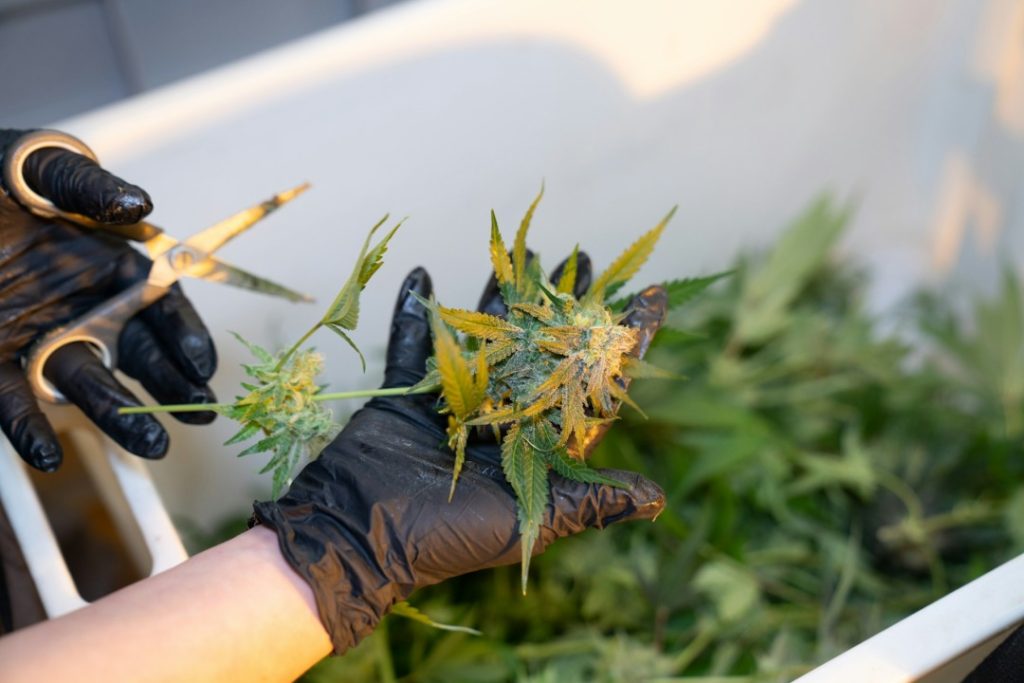
As Thailand blazes a trail in Southeast Asia’s medical cannabis landscape, understanding Good Agricultural and Collection Practices (GACP) has become crucial for cultivators and producers aiming to meet the stringent quality standards of this burgeoning industry.
Introduction to Thailand’s Cannabis Industry
Thailand has made significant strides in the medical cannabis sector, becoming the first Southeast Asian country to legalize medical marijuana[1]. This progressive move has opened up new opportunities for cultivators, researchers, and patients alike.
Understanding GACP in Cannabis Cultivation
What is GACP?
Good Agricultural and Collection Practices (GACP) are guidelines designed to ensure the quality, safety, and efficacy of medicinal plant materials.
Importance for Cannabis
Implementing GACP in cannabis cultivation is crucial for producing high-quality, consistent, and safe medical cannabis products.
Thailand’s Approach to GACP for Cannabis
Regulatory Framework
Discuss the Thai government’s regulations and guidelines for cannabis cultivation, including any specific GACP requirements.
Key GACP Principles in Thailand
– Soil and water management
– Pest and disease control
– Harvesting techniques
– Post-harvest handling and storage
Challenges and Opportunities
Educating Cultivators
Highlight the need for comprehensive education programs to ensure all cannabis cultivators understand and implement GACP effectively
Quality Control
Discuss the importance of rigorous quality control measures in maintaining GACP standards.
The Future of GACP in Thailand’s Cannabis Industry
International Standards
Explore how Thailand’s GACP guidelines align with international standards and what this means for the country’s potential in the global medical cannabis market.
Continuous Improvement
Emphasize the need for ongoing research and development to refine GACP guidelines as the industry evolves.
Conclusion
Implementing GACP in Thailand’s cannabis industry is a crucial step towards establishing the country as a leader in medical cannabis production in Southeast Asia. By adhering to these practices, Thailand can ensure the quality and safety of its cannabis products while positioning itself for success in the global market.
